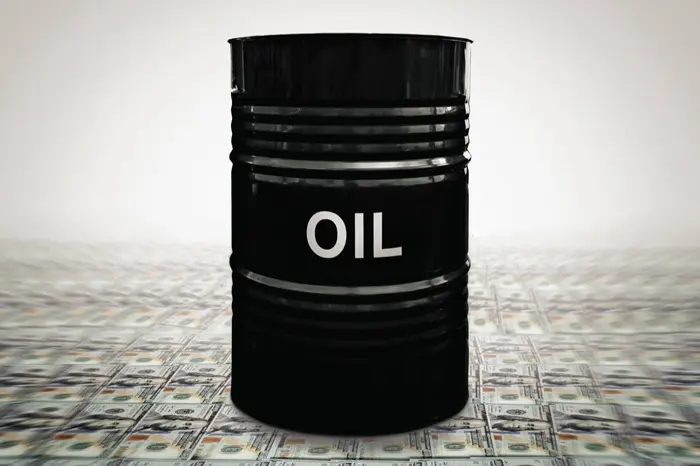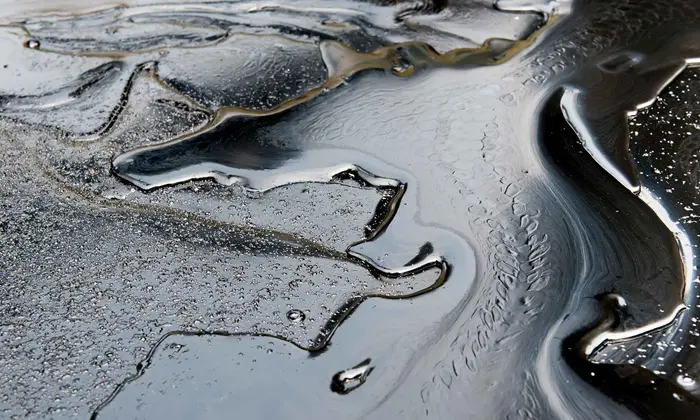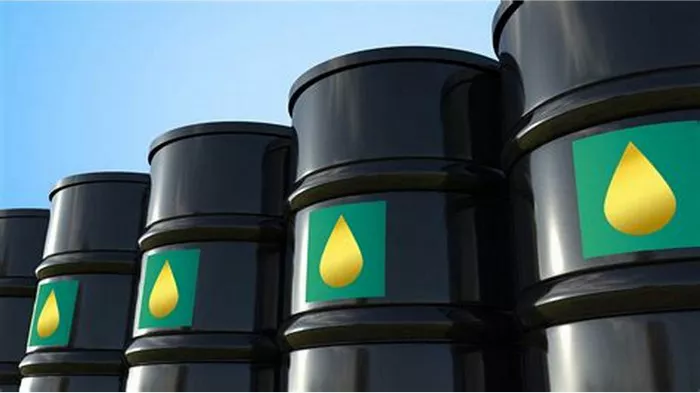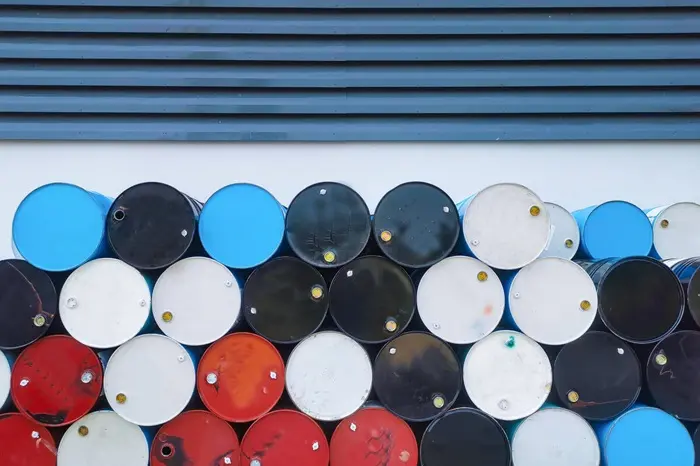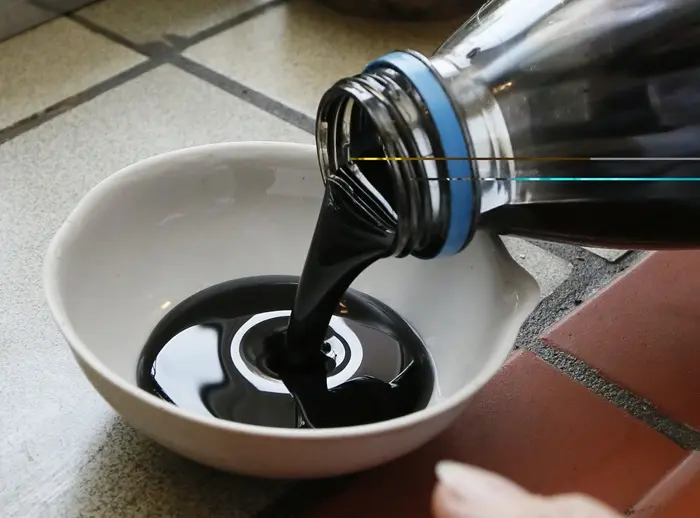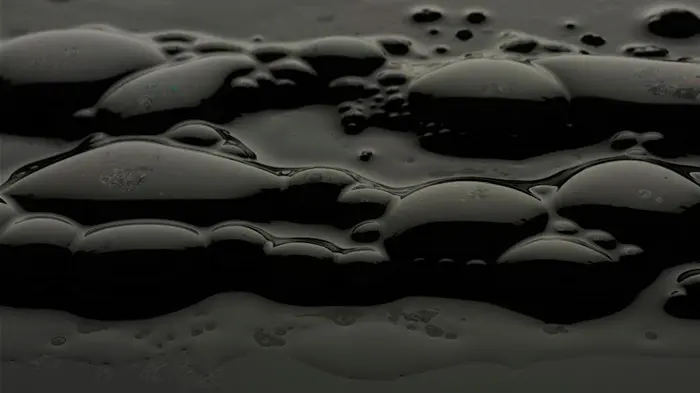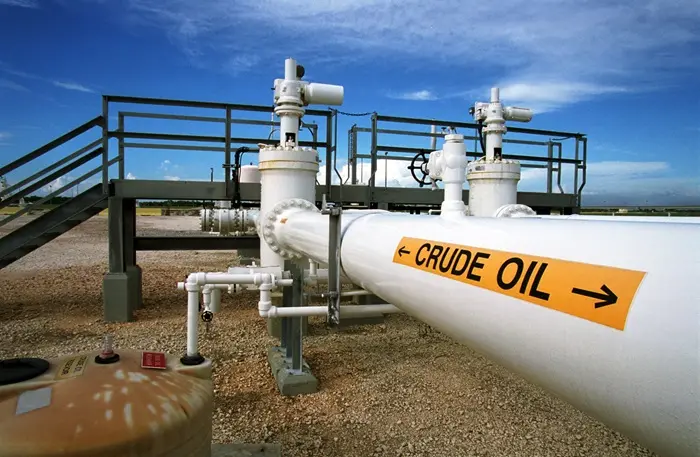Rusty crude oil presents unique challenges in the petroleum industry. Rust, primarily composed of iron oxides, can significantly affect the quality, processing, and value of crude oil. Addressing this issue requires a multi-faceted approach that includes prevention, detection, and remediation. This article provides a comprehensive guide on how to manage rusty crude oil effectively, ensuring optimal quality and efficiency in oil processing.
Understanding Rust in Crude Oil
What is Rust?
Rust is the common term for iron oxides, typically resulting from the reaction of iron and oxygen in the presence of moisture. In the context of crude oil, rust can originate from various sources such as pipelines, storage tanks, and transportation vessels. Rust contamination in crude oil can lead to numerous problems, including equipment corrosion, reduced efficiency in refining processes, and compromised product quality.
Sources of Rust in Crude Oil
Pipelines: Over time, pipelines can corrode, especially if they are not properly maintained or protected. Corrosion can introduce iron oxides into the crude oil stream.
Storage Tanks: Storage tanks, especially those exposed to moisture, can develop rust, which can contaminate the stored crude oil.
Transportation Vessels: Ships and trucks used to transport crude oil can also be sources of rust contamination if they are not adequately maintained.
Impact of Rusty Crude Oil
Operational Challenges
Rusty crude oil can cause significant operational challenges in the oil industry. These include:
Pipeline Blockages: Rust particles can accumulate and cause blockages in pipelines, leading to reduced flow rates and increased maintenance requirements.
Equipment Wear and Tear: The abrasive nature of rust particles can accelerate wear and tear on pumps, valves, and other equipment, leading to higher maintenance costs and potential downtime.
Catalyst Deactivation: In refining processes, rust particles can deactivate catalysts used in various reactions, reducing the efficiency of these processes and leading to lower yields of desired products.
See Also: Crude Oil Is Separated Based On Which Properties?
Quality Issues
Rust contamination can compromise the quality of crude oil and its derivatives:
Product Purity: Rust particles can reduce the purity of refined products, affecting their performance and market value.
Color and Appearance: The presence of rust can alter the color and appearance of crude oil and its products, making them less appealing to consumers.
Corrosion of Finished Products: Rust contamination can lead to corrosion in finished products such as fuels and lubricants, affecting their performance and lifespan.
Prevention of Rust Contamination
Pipeline Maintenance
Maintaining pipelines is crucial in preventing rust contamination. Key strategies include:
Regular Inspections: Conduct regular inspections of pipelines to detect early signs of corrosion and rust formation. Use techniques such as ultrasonic testing, magnetic flux leakage, and corrosion coupons to monitor pipeline integrity.
Cathodic Protection: Implement cathodic protection systems to prevent corrosion in pipelines. This involves using sacrificial anodes or impressed current systems to protect the pipeline from corrosion.
Coating and Linings: Apply protective coatings and linings to the interior and exterior surfaces of pipelines to prevent rust formation. Use materials such as epoxy, polyurethane, and polyethylene for effective protection.
Storage Tank Management
Proper management of storage tanks is essential to prevent rust contamination. Key practices include:
Regular Cleaning: Clean storage tanks regularly to remove any accumulated rust particles. Use mechanical cleaning methods such as pigging, hydroblasting, and chemical cleaning agents to ensure thorough cleaning.
Moisture Control: Implement measures to control moisture levels in storage tanks. Use desiccants, dehumidifiers, and proper ventilation systems to minimize moisture accumulation.
Protective Coatings: Apply protective coatings to the interior surfaces of storage tanks to prevent rust formation. Use coatings that are resistant to crude oil and its constituents, such as epoxy, polyurethane, and phenolic coatings.
Transportation Vessel Maintenance
Maintaining transportation vessels is crucial to prevent rust contamination during crude oil transport. Key strategies include:
Regular Inspections: Conduct regular inspections of transportation vessels to detect early signs of rust formation. Use techniques such as visual inspections, ultrasonic testing, and magnetic particle testing to monitor vessel integrity.
Protective Coatings: Apply protective coatings to the interior surfaces of transportation vessels to prevent rust formation. Use materials such as epoxy, polyurethane, and phenolic coatings for effective protection.
Moisture Control: Implement measures to control moisture levels in transportation vessels. Use desiccants, dehumidifiers, and proper ventilation systems to minimize moisture accumulation.
Detection of Rust in Crude Oil
Sampling and Analysis
Detecting rust in crude oil involves regular sampling and analysis. Key methods include:
Visual Inspection: Conduct visual inspections of crude oil samples to detect the presence of rust particles. Use techniques such as microscopy and sedimentation analysis to identify and quantify rust particles.
Chemical Analysis: Perform chemical analysis of crude oil samples to detect the presence of iron oxides. Use techniques such as atomic absorption spectroscopy, inductively coupled plasma mass spectrometry, and X-ray fluorescence to measure iron content.
Magnetic Separation: Use magnetic separation techniques to detect and quantify rust particles in crude oil samples. This involves passing crude oil through a magnetic field to attract and separate iron particles.
Monitoring Systems
Implementing monitoring systems can help detect rust contamination in real-time. Key technologies include:
Pipeline Monitoring Systems: Install pipeline monitoring systems that use sensors to detect rust particles in crude oil streams. Use technologies such as ultrasonic sensors, magnetic flux leakage sensors, and corrosion monitoring probes to detect rust contamination.
Storage Tank Monitoring Systems: Implement storage tank monitoring systems that use sensors to detect rust particles in stored crude oil. Use technologies such as ultrasonic sensors, corrosion monitoring probes, and moisture sensors to monitor tank integrity.
Transportation Vessel Monitoring Systems: Install monitoring systems in transportation vessels to detect rust particles in crude oil during transport. Use technologies such as ultrasonic sensors, magnetic flux leakage sensors, and corrosion monitoring probes to detect rust contamination.
Remediation of Rusty Crude Oil
Filtration and Separation
Filtration and separation techniques can effectively remove rust particles from crude oil. Key methods include:
Mechanical Filtration: Use mechanical filters such as mesh screens, cartridge filters, and bag filters to remove rust particles from crude oil. Select filters with appropriate pore sizes to capture rust particles effectively.
Magnetic Separation: Employ magnetic separation techniques to remove rust particles from crude oil. Use magnetic separators, magnetic drums, and magnetic filters to attract and remove iron particles.
Centrifugation: Use centrifugation to separate rust particles from crude oil. Employ centrifuges that can generate high centrifugal forces to separate heavier rust particles from the crude oil stream.
Chemical Treatment
Chemical treatment can help dissolve and remove rust particles from crude oil. Key methods include:
Chemical Dispersants: Use chemical dispersants to break down rust particles into smaller fragments that can be more easily removed. Select dispersants that are compatible with crude oil and effective at dissolving iron oxides.
Acid Washing: Employ acid washing techniques to dissolve rust particles in crude oil. Use acids such as hydrochloric acid, sulfuric acid, and phosphoric acid to react with and dissolve iron oxides. Ensure proper handling and disposal of acid residues to minimize environmental impact.
Chelating Agents: Use chelating agents to bind and remove iron particles from crude oil. Select chelating agents that form stable complexes with iron, such as EDTA (ethylenediaminetetraacetic acid) and DTPA (diethylenetriaminepentaacetic acid).
Thermal Treatment
Thermal treatment can help separate rust particles from crude oil. Key methods include:
Thermal Desorption: Use thermal desorption to remove rust particles from crude oil. Heat the crude oil to high temperatures to volatilize and remove rust particles. Ensure proper handling and disposal of volatilized residues to minimize environmental impact.
Thermal Cracking: Employ thermal cracking to break down rust particles in crude oil. Heat the crude oil to high temperatures to induce chemical reactions that break down iron oxides. Ensure proper handling and disposal of reaction residues to minimize environmental impact.
Best Practices for Handling Rusty Crude Oil
Regular Maintenance and Inspection
Implementing regular maintenance and inspection practices is crucial for managing rusty crude oil. Key practices include:
Pipeline Maintenance: Conduct regular inspections and maintenance of pipelines to prevent rust formation and detect early signs of corrosion. Use techniques such as ultrasonic testing, magnetic flux leakage, and corrosion coupons to monitor pipeline integrity.
Storage Tank Management: Implement regular cleaning and maintenance of storage tanks to prevent rust formation and detect early signs of corrosion. Use techniques such as pigging, hydroblasting, and chemical cleaning agents to ensure thorough cleaning.
Transportation Vessel Maintenance: Conduct regular inspections and maintenance of transportation vessels to prevent rust formation and detect early signs of corrosion. Use techniques such as visual inspections, ultrasonic testing, and magnetic particle testing to monitor vessel integrity.
Quality Control Measures
Implementing quality control measures can help ensure the quality of crude oil and prevent rust contamination. Key measures include:
Sampling and Analysis: Conduct regular sampling and analysis of crude oil to detect the presence of rust particles. Use techniques such as visual inspection, chemical analysis, and magnetic separation to identify and quantify rust particles.
Monitoring Systems: Install monitoring systems to detect rust contamination in real-time. Use technologies such as ultrasonic sensors, magnetic flux leakage sensors, and corrosion monitoring probes to monitor crude oil quality.
Filtration and Separation: Implement filtration and separation techniques to remove rust particles from crude oil. Use mechanical filters, magnetic separators, and centrifuges to capture and remove iron particles effectively.
Training and Education
Providing training and education to personnel is essential for managing rusty crude oil effectively. Key initiatives include:
Technical Training: Provide technical training to personnel on the detection, prevention, and remediation of rust in crude oil. Include topics such as pipeline maintenance, storage tank management, and transportation vessel maintenance.
Safety Training: Conduct safety training to ensure personnel are aware of the hazards associated with handling rusty crude oil and the proper safety procedures to follow. Include topics such as the safe handling of chemical dispersants, acids, and chelating agents.
Environmental Training: Provide environmental training to personnel to ensure they are aware of the environmental impact of rust contamination and the proper disposal of treatment residues. Include topics such as the proper handling and disposal of acid residues and volatilized residues.
Conclusion
Dealing with rusty crude oil requires a comprehensive approach that includes prevention, detection, and remediation. By implementing regular maintenance and inspection practices, quality control measures, and training and education initiatives, the petroleum industry can effectively manage rust contamination and ensure the quality and efficiency of crude oil processing. Through these efforts, the industry can minimize the operational challenges, quality issues, and environmental impact associated with rusty crude oil, ensuring a sustainable and efficient oil production process.
Related topics:

